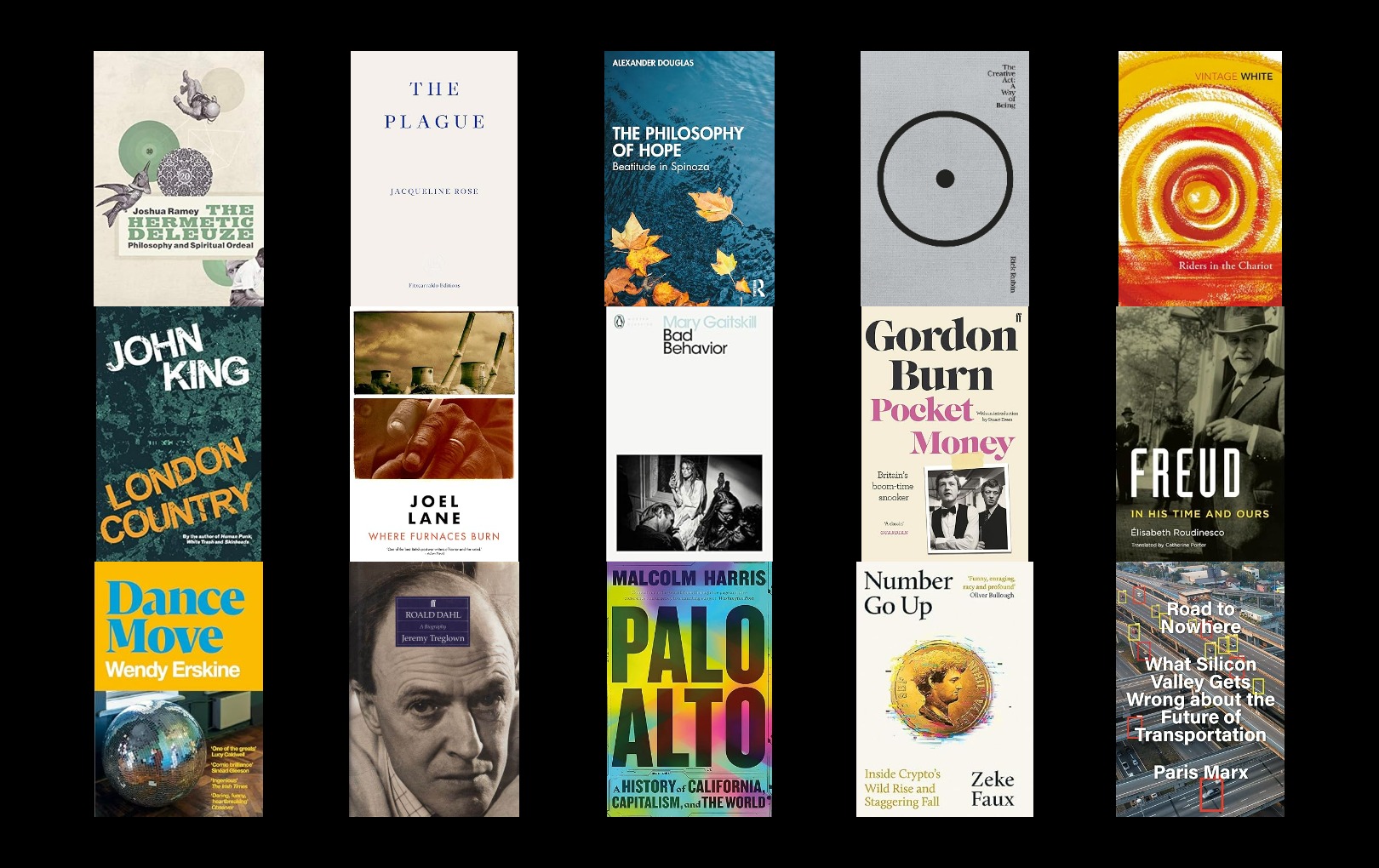
Brad Evans: I Know I Will Never Write a Better Book
If the measure of writing is to get as close as we can to the truth of existence, I know I will never write a
This is a British revolution.
As I write, the last few weeks have seen:
Even worse from the perspective of the Tories and the professional hucksters of neoliberalism, is that this is now widely perceived as the tip of an iceberg. The iceberg itself – the very history of Britain since 1979, decades of privatisation, deregulation and neglect of the social infrastructure on which working-class citizens rely – is now there for all to see, to comprehend and to condemn. The harsh, brutal truths of modern Britain are punching through into the collective consciousness, burnt into the mass mind as rapidly and spectacularly as Grenfell Tower:
These truths can never be expunged. Working-class people across the country have had a brutal lesson in how much our social and political elite – the ruling class and its functionaries at all levels – care about them and their lives. The political implications are as incendiary as the fire itself.
The ingredients now exist for a fundamental challenge to the structures of power and wealth in this country. A principled democratic socialist now stands in firm control of the Labour Party. All polls indicate that if the election were run now, Labour would win. Core socialist policies are now seen as viable, realistic, even vital to the salvation of a country that has failed, has turned in on itself, has let its schools, hospitals and social housing go to ruin to satisfy the acquisitive greed and cruelty of a privileged elite, has denied social and economic justice for so long it can barely remember what they are.
The Tories and their satraps have literally no idea how this has happened, or how to control it. For them, the residents of Grenfell Tower are as remote as starving Ethiopians, the fire an exotic, terrible tragedy that was, at most, worthy of personal sympathy (although one should never underestimate how cold and shriveled the Tory soul really is, clutching only to its lifestyle and privileges, barely able to fake empathy let alone experience it). But ordinary people – the mass of working-class and decent middle-class people who retain older and more collective values, whose lives intersect with those less fortunate, or who came from poorer beginnings and have not forgotten it—can and do understand it. They understand it viscerally, emotionally, in their blood and bones.
Times come in the history of nations when social revolution, however defined, becomes possible, real, tangible, desired. It usually takes disaster and tragedy and injustice to bring it about. In 1940, when Britain’s ruling class had led the country to near terminal disaster, and as Nazi bombs devastated the East End, George Orwell wrote in The Lion and the Unicorn that England (by which he meant England, Scotland and Wales), would resist, would win, and on the ruins would build a better, fairer and more democratic society. “But England has got to be true to herself”, he wrote. “It is not being true while refugees who have sought our shores are locked up in concentration camps and company directors work out subtle schemes to dodge their Excess Profits Tax.”
With the Brexit vote, the murder of Jo Cox, the upsurge in hate crimes, the retreat into provincial nationalism, many British leftists, progressives and internationalists had despaired of any political advance, let alone a radical, transformative one. But these are astonishing times. Concluding Lion, Orwell wrote of the English Socialist revolution he wished to see, “We must add to our heritage or lose it; we must grow greater or grow less; we must go forward or backward”. At this moment – surprisingly, incredibly, inspiringly, on the back of terrible tragedy, corporate crime and the political errors of our ruling elite–England is going forward. The election was the first seismic shock. The fire the second. What had seemed deep-frozen is thawing. The ground is shifting under our feet. The momentum–and the Momentum–is from the left.
Our ruling class will do anything to prevent this. No moral, political or constitutional scruple will apply. May’s casual indifference to the Good Friday Agreement, with the possibility that the Troubles could resume, vividly demonstrates that. The Mail’s attempts to scapegoat immigrants, or environmental standards, for the fire, while the dead were still being counted, demonstrates it again. The cancellation of next years’ Queen’s Speech, the biggest and most important event on the Parliamentary calendar and the means by which a British government proves its legitimacy, demonstrates it beyond doubt.
It is impossible to predict where this is going. May could be gone soon. But all alternatives are equally problematic for the Tories. Boris Johnson is a buffoon with many skeletons in his closet. Amber Rudd has a tiny majority in her local constituency, and is not guaranteed to be re-elected in the next General Election. David Davis is a Hard Brexiter, when the majority of the country wants a soft Brexit. The Tories are likes rats in a trap, with options narrowing.
None of the professional commentariat, on left and right, saw this coming. Like the shocked firefighter when he first saw the towering inferno of Grenfell on the horizon – immediately aware that tall modern residential blocks should not burn like that – they are reeling, asking “How the fuck is that even possible?” It is a question that hangs over modern Britain, with its Brexit crisis, election earthquake and political dysfunction. It is a question asked by Tories whose fear is now palpable.
And while they fear, we hope. Hope, and organise. As Mark Fisher wrote in the conclusion of Capitalist Realism (and if only that prescient and tragic writer could have lived long enough to see these times), “From a situation in which nothing can happen, suddenly anything is possible again”.
John Medhurst is the author of That Option No Longer Exists: Britain 1974-76 (Zero, 2014) and No Less Than Mystic: A History of theRussian Revolution for a 21st Century Left, forthcoming from Repeater in August 2017 .

If the measure of writing is to get as close as we can to the truth of existence, I know I will never write a

To accompany his latest piece with Tariq Goddard in The Quietus on True Detective Season 4 and the legacy of In The Dust of This Planet, Eugene

As another turbulent year draws to a close, the Repeater team put forward their favourite reads for the festive season. Publisher, Editor, and Author Tariq

If the measure of writing is to get as close as we can to the truth of existence, I know I will never write a

To accompany his latest piece with Tariq Goddard in The Quietus on True Detective Season 4 and the legacy of In The Dust of This Planet, Eugene

As another turbulent year draws to a close, the Repeater team put forward their favourite reads for the festive season. Publisher, Editor, and Author Tariq
